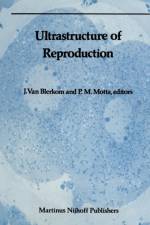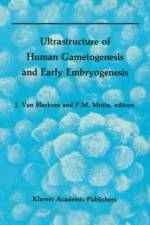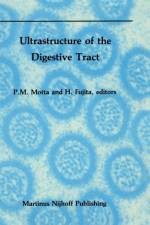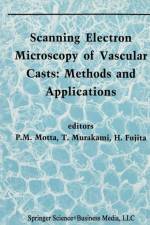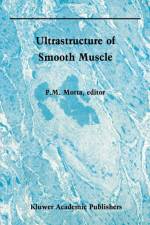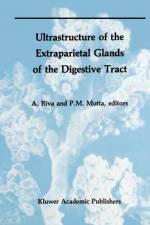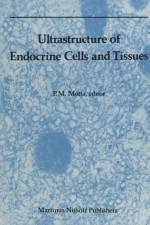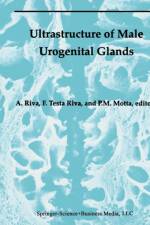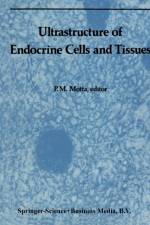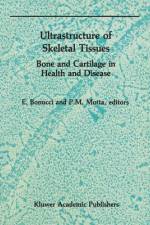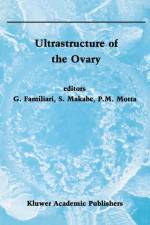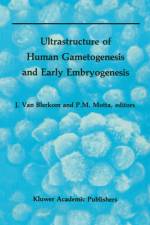- Bone and Cartilage in Health and Disease
von E. Bonucci
339,00 €
The calcified tissues have fundamental functions in the biology of organisms, not only because their strength, solidity, and elasticity permit movement and mechanical activities, and protect soft tissues against traumatic forces, but also on account of their role in mineral homeostasis. For this reason, extensive investigation in the last 30 years has provided much to explain the complex chemical and physical processes occurring in cells and matrices composing the skeleton, and their alterations in pathological conditions. The use of ultrastructural methods such as immunocytochemistry, scanning and transmission electron microscopy, cytoautoradiography, freeze/fracture etching, high voltage, etc. has proven to be of great value when applied to cells and matrix components of bone and cartilage, in spite of the technical difficulties due to the hardness of these tissues. However, available information on this subject is disseminated in a variety of scientific and medical articles. This volume is an attempt to collect together the most significant data on the ultrastructure of cartilage and bone in normalcy and pathology. Obviously, it cannot be a complete report of all these data, its principal aim being that of: a) giving a comprehensive statement of the results concerning the basic structures common to these tissues, especially collagen fibrils, noncollagenous proteins, and proteoglycans, and their relationships with the mineral substance (for which another volume of this series can also be consulted; see Ruggeri A. , Motta P. M. (eds.

